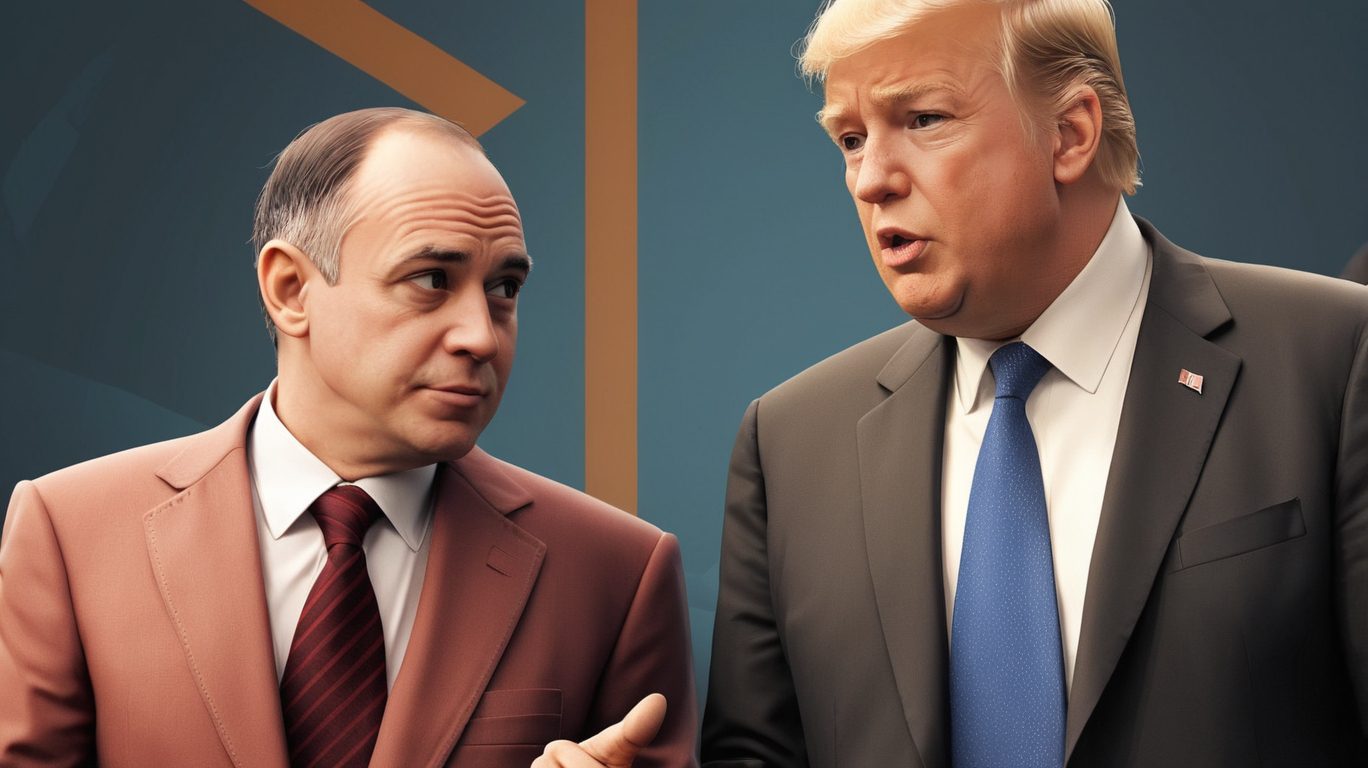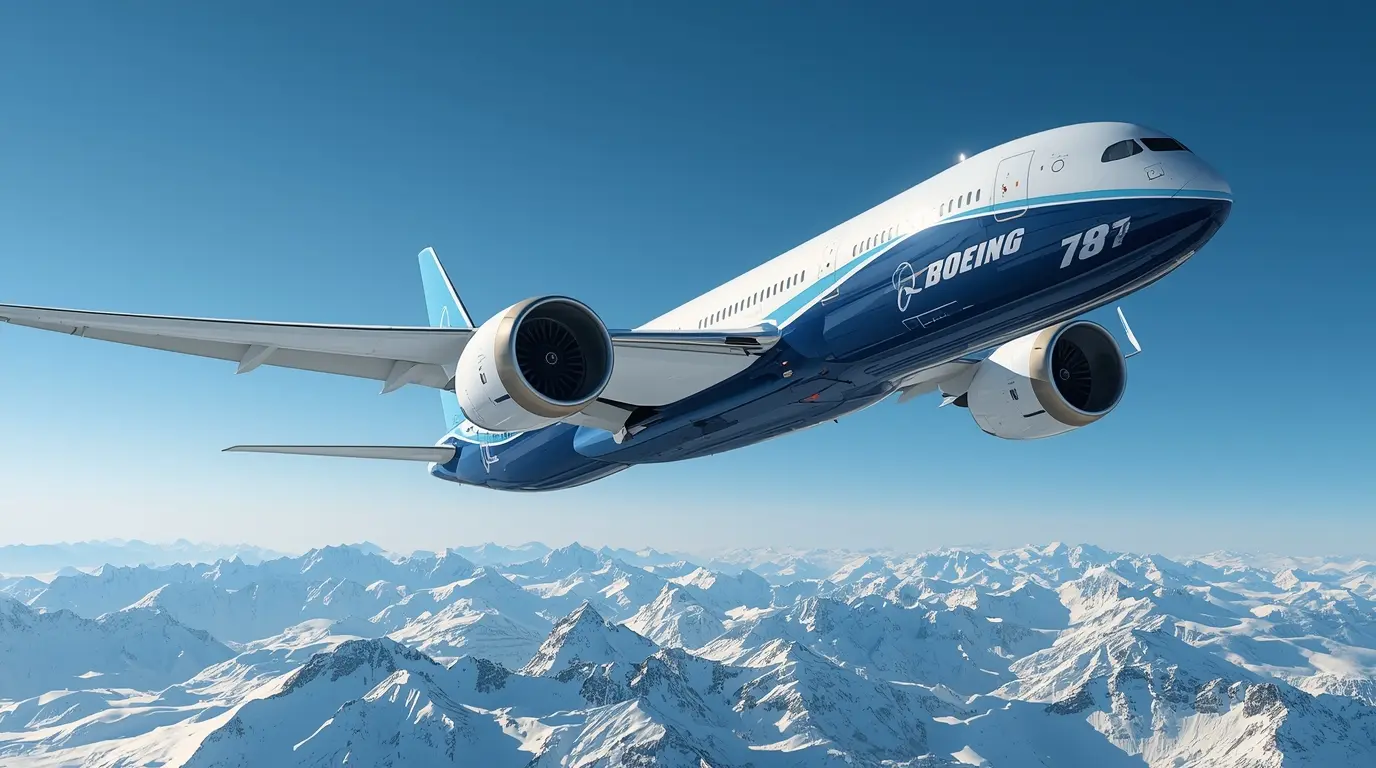
Although the formal discussions between Russian President Vladimir Putin and U.S. President Donald Trump have yet to begin, the planned meeting in Alaska later this week is already celebrated in Moscow as a noteworthy victory. The Kremlin interprets the commitment to a face-to-face conversation Friday about terminating the Ukraine conflict as a rare gain in U.S.-Russia diplomacy, analysts say, and the most consequential such gain since the early 2000s. What makes the development especially gratifying for the Russian side is that it was secured without having to offer reciprocal gestures or to accept any prior requirements.
“This meeting is a substantial symbolic gain for Putin—his first visit to a sitting American president since 2007, and this time on U.S. soil,” Richard Portes, who leads the economics faculty at the London Business School, told CNBC. “For him, it is the perfect score: no preconditions, Ukraine deliberately sidelined, no European leaders in sight. Triumph, plain and simple.”
Ukraine Excluded
The noticeable absence of Ukrainian leaders, especially President Volodymyr Zelenskyy, has put a pall over the discussions. Ukraine has made it clear that any talk of its future is meaningless without its direct participation. European allies have backed that demand, pressing the U.S. to ensure Kyiv has a seat at the table.
The White House is “considering” a Zelenskyy invitation, NBC News has reported, but so far, the course seems a straight Moscow-Washington dialogue. That has raised alarms that Kyiv might be nudged into trading Russian-held territory for a freezing of hostilities, a deal the administration insists it is not contemplating.
The gathering takes place while Russian troops keep pushing forward in southern and eastern Ukraine, steadily tightening Moscow’s leverage at any negotiation table. Yet Portes emphasized that, compared to his battlefield achievements, economic reality weighs more heavily against Putin.
“He enjoys an early advantage on the ground. Their frontline is inching forward,” Portes said. “But economically the equation flips. The Russian economy is in a rough patch. The fiscal deficit is sizeable, a direct outcome of sliding oil and gas prices. We’re looking at a country that’s militarily assertive but financially vulnerable.”
Economic Strains and Sanctions
Rising budget shortfalls deliver blunt evidence. In June, consumer prices jumped to 9.4 percent, a consequence of sustained sanctions and the war-fueled spending binge. Lower international oil values combined with tightened export restrictions have hammered state revenue streams.
For that reason, analysts bet that any ceasefire Putin pursues will zero in on quick sanctions relief and a codified promise that the territories in question remain under Moscow’s administration.
The Kremlin views the Alaska gathering as a way to reopen a limited economic dialogue with Washington. “The economic interests of our countries converge in Alaska and throughout the Arctic, and we foresee the feasibility of many large, mutually advantageous projects,” Yuri Ushakov, Putin’s long-serving aide, told reporters over the weekend.
Trump’s calculus, in Portes’ reading, suggests that a patient, principled adherence to sanctions might allow the U.S. to wait for Russia’s economic troubles to deepen, so that future talks could begin from a weaker Kremlin position. Portes, however, is skeptical that such a calculus now guides the White House.
“Trump has considered, but so far refrained from, tightening the sanctions menu,” Portes said. Washington nonetheless has warning letters out to Russia’s last reliable trade partners, India foremost among them, threatening secondary sanctions and new import duties if they keep buying Russian oil, the Kremlin’s largest single revenue stream for its military operations.
When asked if the Trump administration might ramp up sanctions to bend Putin to his will, analyst Jeff Portes held his cards close. “Who can forecast the behavior of the American president from one morning to the next?” he said. “The odds of a sanctions boost are nontrivial, yet Trump’s appetite for a peace-awarding Nobel Prize tilts the scales against fresh penalties for now. Still, tomorrow could bring a fresh impulse.”
Eyes on the Tape
World markets have already begun to price the faint scent of warmer Washington–Moscow ties. Russian equities have gained ground on lingering hope of a sanctions wind-down, and oil and gas traders are scanning charts for signals of a potential rise in Russian barrels. A ceasefire, analysts note, could lift European markets, with the strongest rebounds in nations most vulnerable to high energy bills and geopolitical tremors.
The hesitation remains, however, underlined by doubts over Ukraine’s seat at the negotiating table. Firms worry that any hint of Kyiv’s reduced role could unleash street protest in Europe and complicate the delicate arithmetic of securing lengthy congressional endorsement in Washington.
At this moment, the rendezvous in Alaska offers Putin a platform no state can ignore, while Trump faces a wager whose payoff could echo through history or evaporate in sound bites. The outcome—permanent accord or politely distant handshake—will almost certainly turn on the exchange behind locked doors, and on whether Ukraine is at last given even a corner chair when the globe spins back to the problem.
For more in-depth geopolitical insights and analysis, visit Bizrush.





